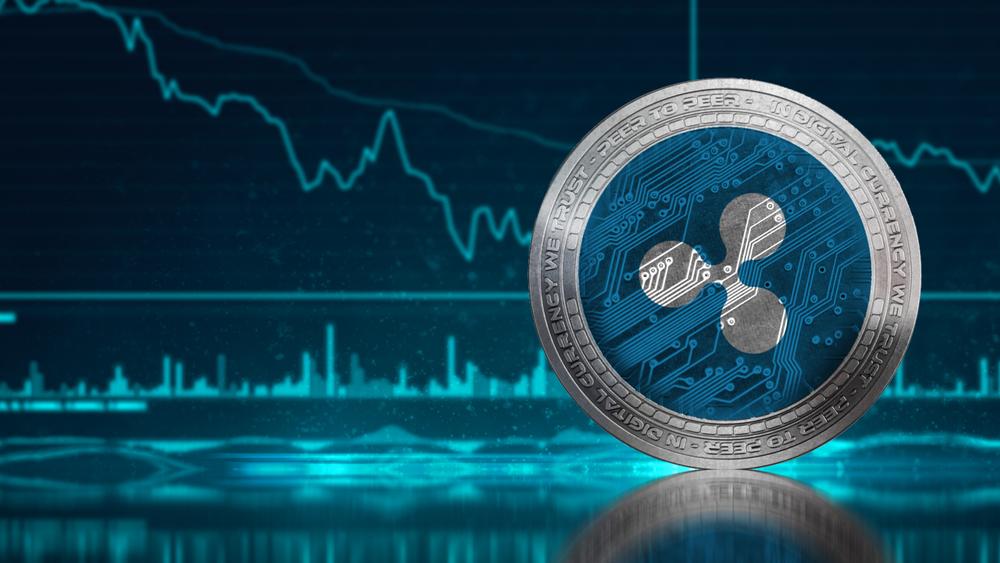In a recent tweet, Ripple CEO Brad Garlinghouse continues to reinforce the view that digital assets such as XRP are not threatened by central bank digital currencies (CBDCs), but rather convinced that XRP would be the bridge between the various CBDCs.
Brad Garlinghouse of Ripple a few hours ago reinforced the point made in the Ripple Insight, the company’s newsletter. The last iteration of this newsletter explained that while CBDCs are one thing, interoperability between different CBDCs is another. And if a project doesn’t think about how these different projects will work together, it’s simply “Rebuilding the same siloed system.”
Many countries and their central governments are considering issuing digital central bank currencies to their citizens. China appears to be leading the way as it has signaled that it may launch its sovereign digital currency later this year.
In the United Kingdom earlier this year, Sarah John, Cheif Cashier of the Bank of England, explained that central banks around the world need to start talking about central bank digital currencies. She said this is a “crucial” need. The EU has also shown interest in pursuing a digital currency.
In another speech, the governor of the Bank of England, Andrew Bailey, said that CBDCs are beneficial and the option should be explored by the British government.
With all of these discussions and plans underway in many parts of the world, Brad Garlighhouse is optimistic that RippleNet’s on-demand liquidity service, which uses XRP digital assets, will be a bridge between these currencies as it provides real-time trading across multiple markets.
A survey conducted by Genesis Mining shows that out of 400 participants, only 25% approve of the idea of a digital dollar. The others associate digital currencies of any kind with being a medium for criminal activity and do not think they should replace paper bills. While institutions are warming up to the idea, it is still too early to claim that the general public is ready and informed about the financial digital transition.


